We all celebrate birthdays but have you ever wondered why that might be? It was my birthday a couple of days ago and it got me thinking…why do we celebrate birthdays and why do we eat cake decorated with candles? Time to do some digging…
Timekeeping – a key ingredient to why we celebrate birthdays
Modern humans evolved about 200,000 years ago. However, if you think about it, we didn’t have the skills to keep time let alone track birthdays until fairly recently. It remains unclear as to the exact origins of modern birthdays and birthday cakes, however, there seems to be enough of a consensus to piece together an approximate history. This is what I have discovered:

1. Egyptians started the party around 5000 years ago
It’s the Bible that gives us the earliest known reference to a birthday. The book of Genesis 40:20 mentions a Pharaoh’s birthday feast. Scholars, think that this wasn’t the pharaoh’s actual birth, but their “birth” as a god. Apparently, when Egyptian pharaohs were crowned, they were considered to have transformed into gods and it was this ‘coronation’ date that was celebrated.
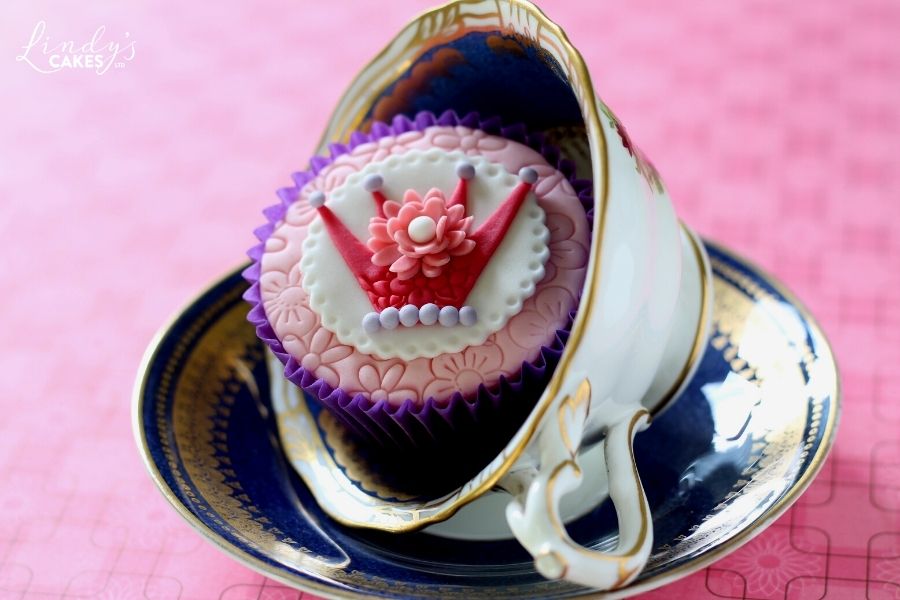
2. The ancient Greeks added the candles
The tradition started to honour Artemis, the Greek goddess of the moon. On the monthly anniversary of her birthday, ancient Greeks would bake round full-moon shaped, bread-like cakes, sweetened with honey as offerings. Adding lighted candles represented a sending a prayer. As for blowing out the candles, the Greeks believed rising smoke took prayers and wishes up to the sky, where their deities lived.
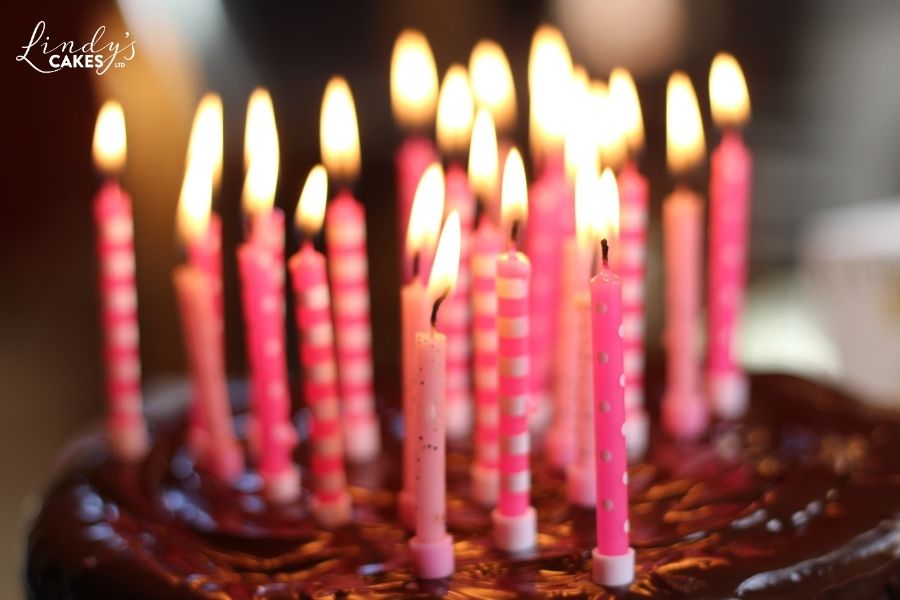
3. The Romans were the first to start celebrating the birthdays of people
Not everyone, however. In Roman times it was ONLY males that had birthday celebrations. These celebrations were often big lavish parties. Where the birthday boy was showered with gifts – the first birthday presents. One of the earliest known surviving references to a birthday party is an invitation dating back to 100AD. Written on a post-card sized wooden leaf-tablet with carbon-based ink. It is one of the Vindolanda tablets (Tablet 291) discovered on Hadrian’s wall in northern England.
ADVERTISEMENT
Interestingly, even the Roman government took birthdays seriously. So seriously that it created public holidays to mark the birthdays of its most famous and important citizens.
Reaching 50 in Roman times was considered a very special occasion. It was marked with an extra special cake. A cake baked with wheat flour, olive oil, honey and grated cheese.
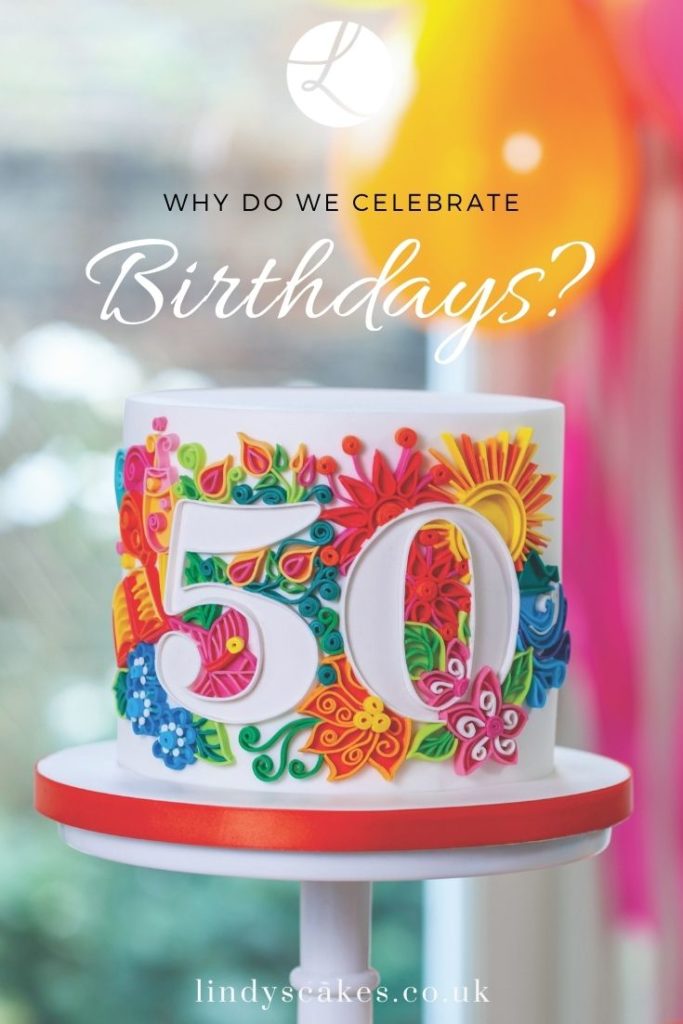
4. Christianity initially considered birthdays to be an evil pagan ritual
And did so for the first few hundred years of its existence! Around the 4th century, however, early Christians changed their minds and began to celebrate the birthday of Jesus. What we know today as Christmas. The Church accepted this new celebration. Hoping, in part, to recruit those already celebrating the Roman holiday of Saturnalia,
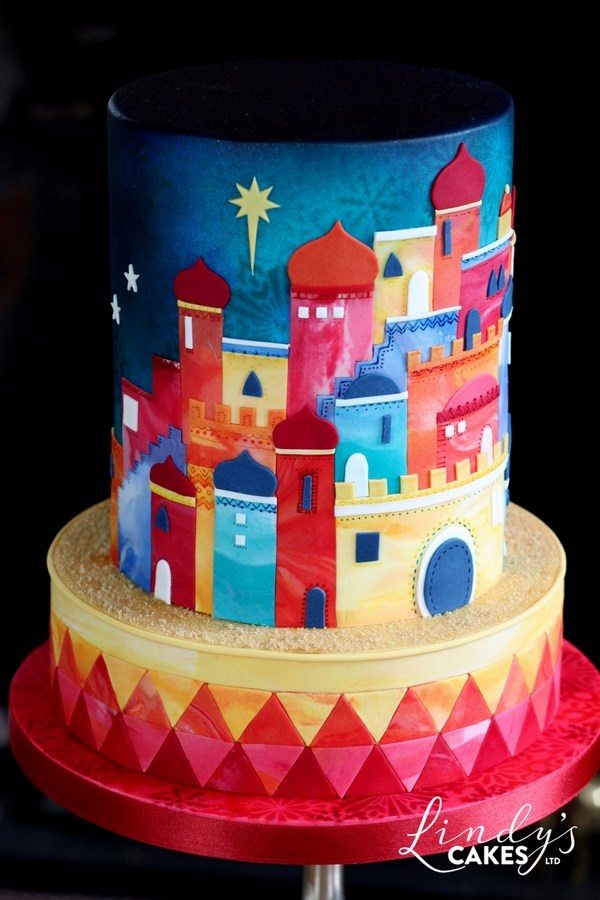
Times passes…
5. The Industrial Revolution brought delicious cakes to the masses.
Up until the industrial revolution, birthday celebrations were a luxury with only the very wealthy celebrating the occasion. However, the industrial revolution changed all this. Cake ingredients become more abundant and bakeries started offering pre-made cakes at lower prices.
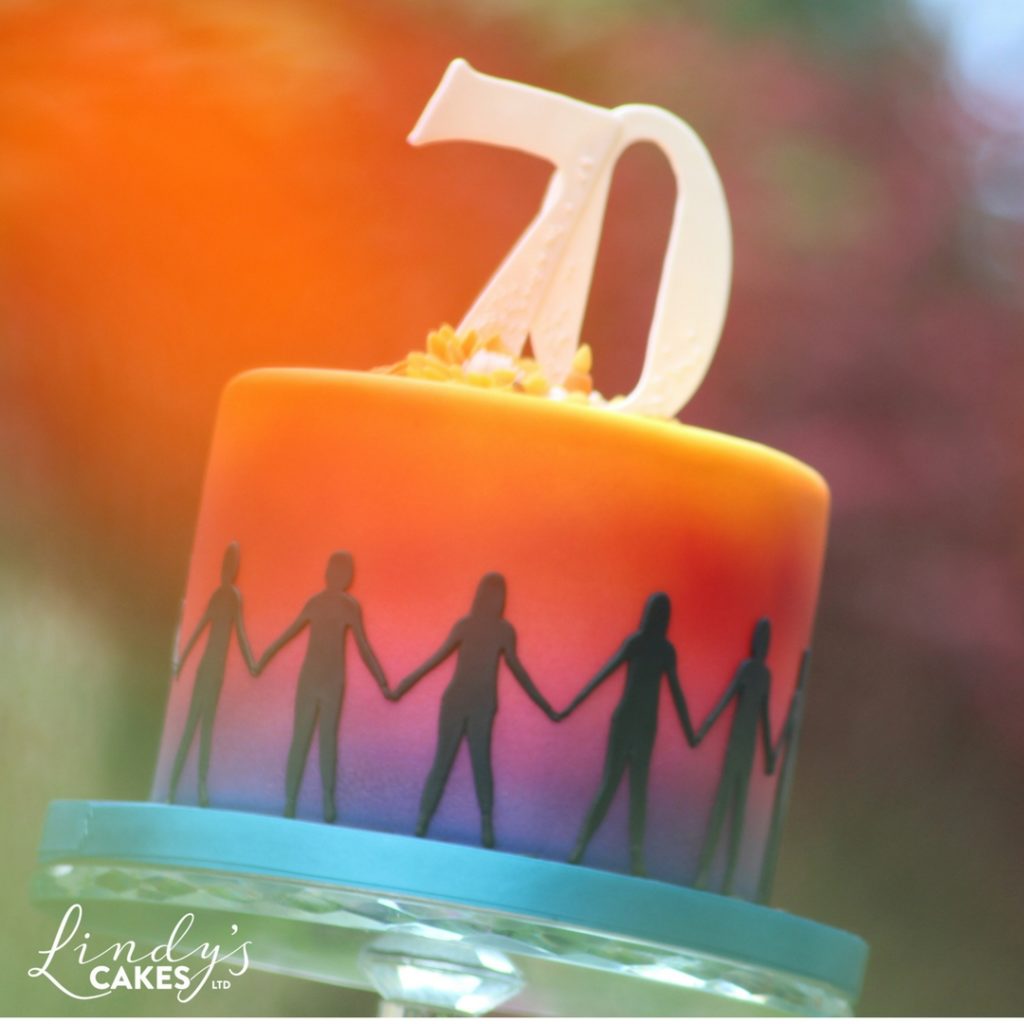
6. Why do we sing ‘Happy Birthday To You’?
According to the Guinness Book of World Records, ‘Happy Birthday’ is the most recognizable song in the English language. Writing in 1893, the Hills sisters, school teachers in Kentucky, composed a tune called ‘Good morning all’.
Then in 1933, new lyrics appeared in the Irving Berlin’s musical – ‘As Thousands Cheer’. One of the Hill’s sisters sued, arguing that the sisters held the copyright to the “Happy Birthday To You” song. The sisters won the case. In fact, some believe the song is under copyright until 2030 and reportedly, earns the Copywrite owners $2 million a year!
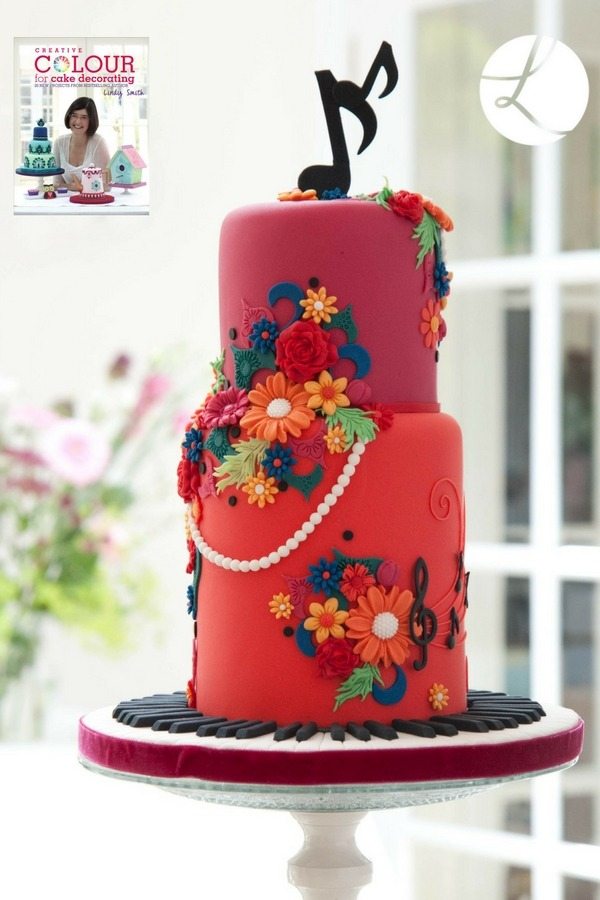
Why do we celebrate birthdays?
As you can see from the above, the celebration, the cake, the candles, the presents, and the song all evolved over time. They have collectively created what we know as a birthday celebration today.
23 – an interesting birthday number
During my research, I discovered a very interesting fact! Did you know, if there are twenty-three people in a room, class or meeting there is a 50:50 probability that two people will share a birthday? I certainly didn’t, did you?
Sweet wishes
Lindy
‘Bringing world-class sugarcraft to your kitchen’